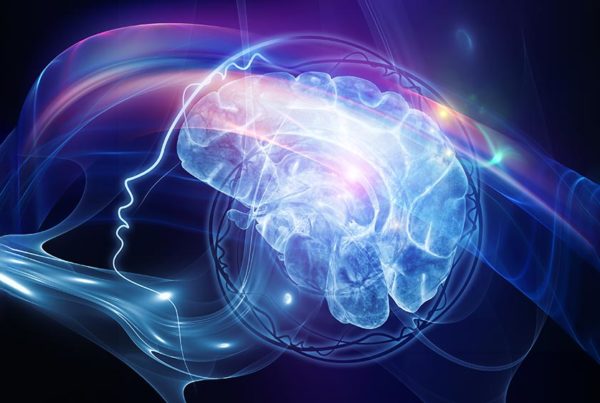Some individuals choose to not eat animal products, including meat and fish, for various reasons. Most people claim ethical, health, religious, political, cultural, or emotional reasons for being vegetarian. Ovo-vegetarians consume eggs but no meat, fish or dairy. Lacto-vegetarians consume dairy but no eggs, meat or fish. Lacto-ovo-vegetarians consume both eggs and dairy but no meat or fish. Vegans don’t eat any eggs, dairy, meat or fish, and also avoid honey. A strict vegan avoids all forms of exploitation of, and cruelty to, animals for food, clothing or any other purpose. Vegans say they avoid honey because it exploits the bees that produce it.
About three percent of the U.S. population is vegetarian, with only 0.5 percent being vegan.
Those who avoid meat, fish, eggs and dairy can obtain adequate protein, especially if needs are not high, by carefully planning each meal. At one time it was thought that certain combinations of plant foods had to be eaten at the same meal to ensure sufficient essential amino acids for protein needs. But this type of protein combining is not necessary, as long as a variety of unprocessed plant foods are eaten each day and include legumes, whole grains, nuts and seeds, soy and other beans, and vegetables.
Unfortunately, after evaluating the diets of hundreds of vegetarians throughout my career, this is usually not accomplished even after providing these individuals with proper dietary guidelines.
While the various forms of vegetarianism have shown health benefits, there are many studies that demonstrate ill-effects due to malnutrition. I was an ovo-vegetarian for several years in my early twenties, thinking it would improve my health. Initially, I felt better overall. In part, this was due to the required care of shopping for food and creating meals, which resulted in healthier food intake. It was a very difficult—actually impossible—task considering the nutrients not available in a strict vegetarian diet. These included vitamins A, B12 and a number of key amino acids such as cysteine, glutamine and creatine. These could be obtained from dietary supplements. I attempted to obtain sufficient protein by consuming several whole eggs a day, in addition to nuts and seeds, whole grains, and protein supplements.
Eventually, my energy was not sufficient enough to maintain a busy practice and workout schedule everyday, and my muscle mass was declining. I also did not like relying on dietary supplements. In addition, I began craving meat—and when I finally began eating it felt much better.
I also had many patients throughout my career who followed various forms of vegetarianism. While some were careful about their diets, most were not. The majority consumed too much junk food, including a lot of processed carbohydrates and sweets, and very little vegetables. Most of the vegetarians I saw were extremely unhealthy.
For many years, a variety of published studies showed why. Vitamin B12 is usually abnormally low in vegetarians, particularly vegans, because this nutrient can only be obtained in sufficient levels from animal foods such as all meats with some in egg yolks and dairy. The result of low levels of vitamin B12 is the rise in a chemical called homocysteine, which significantly increases the risk cardiovascular disease, including heart attack and stroke.
While mushrooms, tempeh, miso and sea vegetables are often reported to provide some vitamin B12, they will not prevent deficiency. These foods contain an inactive form of B12, and which can interferes with the normal absorption and metabolism of the active form of B12.
Another nutrient that tends to be low in vegetarians is iron. Vegetable sources of iron (called nonhaem iron) are not well absorbed by the body while haem forms from meat are well absorbed. In addition, certain foods can impair the absorption of both forms of iron. These include tea and coffee (which contain tannins), and phytates found in whole grains and legumes. (Zinc absorption is also impaired by phytates.)
Studies have shown that bone density is lower in those adhering to a vegetarian diet, especially in vegans, compared to meat-eaters. However, this has not shown that fractures are more common in vegetarians.
To be a healthy and fit vegetarian, an individual will require a high level of care to obtain high quality food, and carefully preparing daily meals. Unprocessed protein supplements along with other dietary supplements, are usually required.








